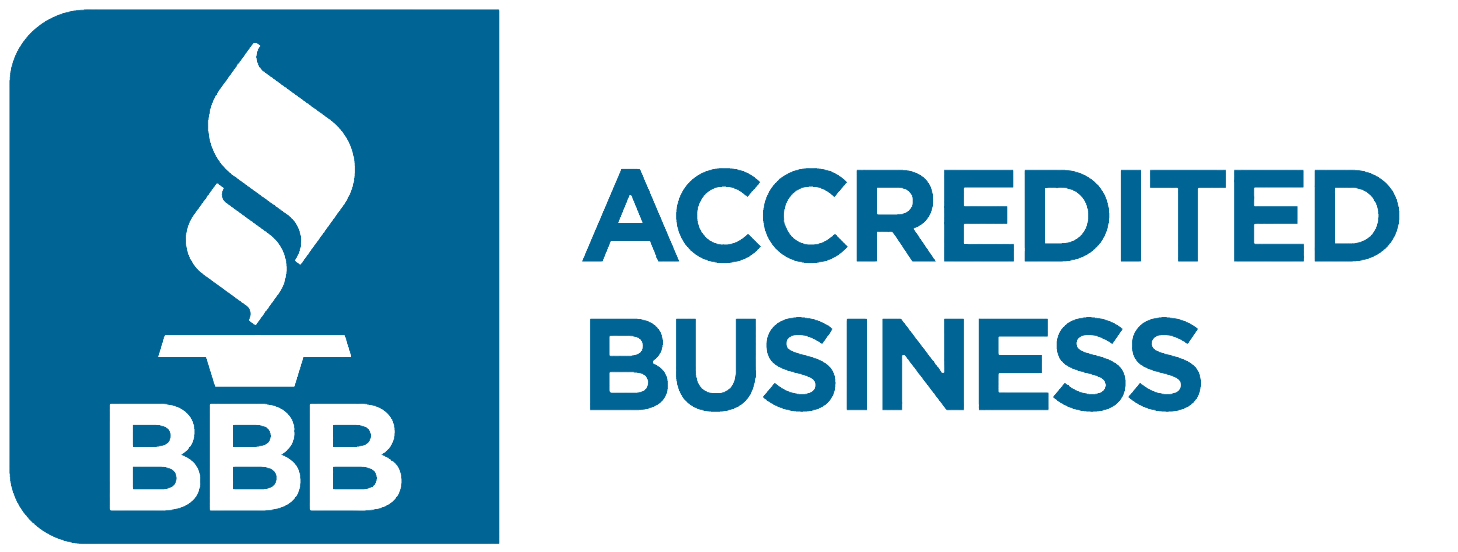
If you’re married, retirement planning is a team effort. Or at least, it should be. While discussing finances and estate planning can easily fall by the wayside, it’s important to prioritize with your spouse. Whether you both retire around the same time, at different times, or one spouse hasn’t worked outside the home in many years, you should discuss retirement today. Here’s a guide to retirement planning for couples.
A Spousal IRA
For your spouse or significant other, you might want to consider an IRA contribution. You won’t be able to directly contribute to their IRA, but you can write a check to them for that specific purpose. In 2022, you can contribute up to $6,00 to your IRA or $7,000 if you’re aged 50 and older. Or, if they’ve already maxed out on their IRA contributions for the year, then you can consider giving shares of a stock issued by a company that your spouse or significant other can relate to.
Discuss Estate Planning
One of the most important things you can do with your spouse and loved ones is to open the estate planning conversation. Whether you need to update an existing plan or look into creating a new one, estate planning is an important piece of your overall retirement strategy, so don’t ignore the conversation. Think of it as a gift! It probably won’t make it into the gift hall of fame, but as hard as it may be to think about a plan for when you pass, passing without a plan for the distribution of your assets is even harder to imagine. Do you have a will? Is it updated to include your personal property? Who will be the executor of your estate? These are just a few of the many questions that need to be addressed during the estate planning conversation.
Consider a 529
Now, for your kids or grandkids, you might want to consider the 529 Savings Plan gift. Did you know that all withdrawals from 529 Savings Plans are free from federal income taxes and, in most cases, state income taxes too? This holds true if the money is used for qualified college or graduate school expenses of the beneficiary you’ve named. Be careful because a withdrawal for a non-qualified expense could have a portion be subject to ordinary income tax and a 10% federal penalty.
The gift of financial independence may trump all, and the best way to get on the right path toward retirement is to schedule your financial review with us. Pick a time when both of you can make it and discuss before and after to make sure you’re on the same page.










